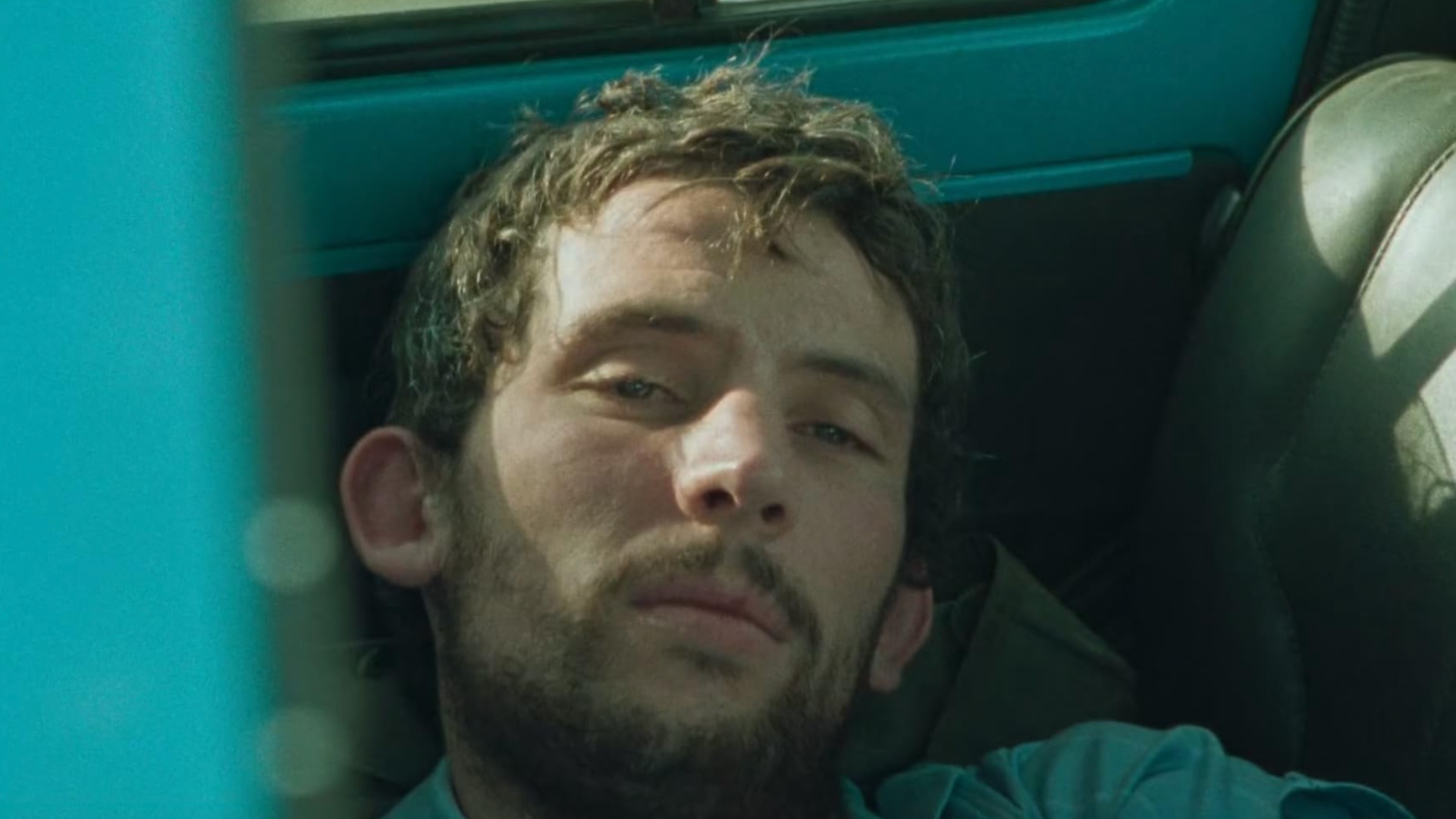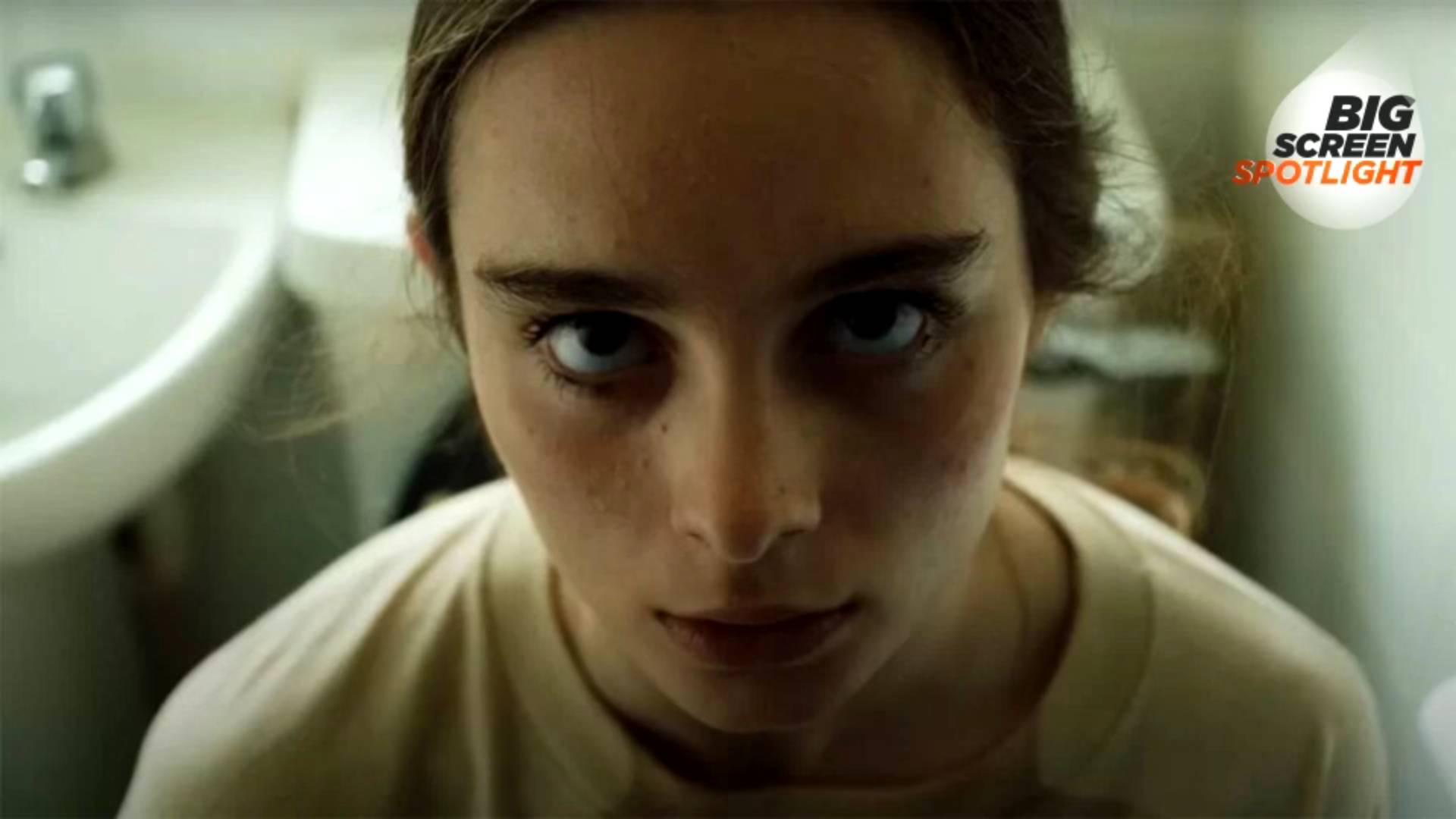
There are movies about grief and loss and childhood trauma... and then there's Hoard. Directed by Luna Carmoon, the pic is approximately two hours and six minutes of quiet, glittering devastation that will have you reaching for your phone to call your mom the second the credits roll. It's also gross. And I don't mean that as an insult: Carmoon even described herself as "gross, animal and carnal" when explaining how she sprayed down the sets with saliva, sweat, and blood – and told neither cast nor crew about it.
The film follows Young Maria (Lily-Beau Leach) and Older Maria (Saura Lightfoot Leon), taking place over two timelines and sometimes hazily blending them together. Little Maria lives with her mother Cynthia (Hayley Squires) in a home that is quite literally a hoarder's den – but to Maria and her mom, it's a fantastical (and stinky) world that serves as a "catalog" of their love for one another. Older Maria spends her teenage years with her foster mom Michelle (Samantha Spiro), but has never really let go of her childhood, or what her mother taught her – which includes neglecting showers. But when an older boy named Michael (Joseph Quinn) comes to stay with Michelle, everything changes – and Maria finds herself (finally) confronting the trauma of her past.
One woman's trash is another woman's treasure
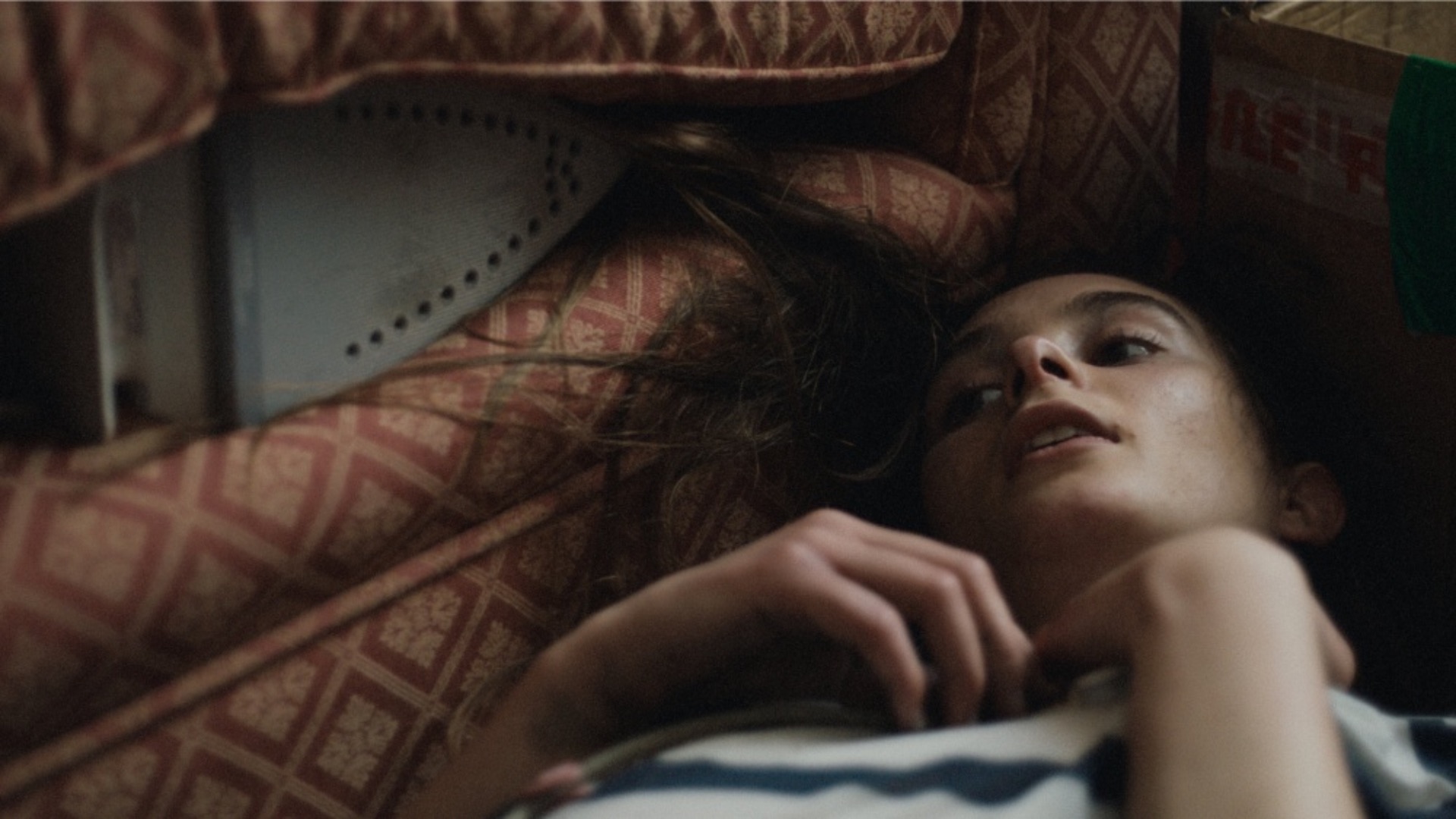
There's a scene in the first half of the film where Cynthia asks little Maria to bring home the dirty foil that was wrapped around her lunch, and she acts as if this is the most important, do-or-die task one could ever complete. The floors of Maria's childhood home are covered in over-stuffed trash bags, rats happily scurry about, and tin cans hang like Christmas lights. Cynthia pushes a shopping cart through the streets of south-east London, rummaging through dumpsters, and collecting things like sidewalk chalk – which she and Maria use as face paint.
Shining a light on the under-the-radar theatrical releases that you need to know about, with a new article every Friday
It's filth, yes, but for little Maria... it's all magic. It's more than evident that Cyn loves her daughter more than anything in the world, but it's hard to watch a child grow up in these conditions – and not knowing more, or better. The scenes in the house make for some of the many moments in the film that make you want to turn away - but you won't. There's something in Carmoon's direction, and Nanu Segal's breathtaking cinematography, that keeps your eyes glued to the screen.
How do you solve a problem like Maria?
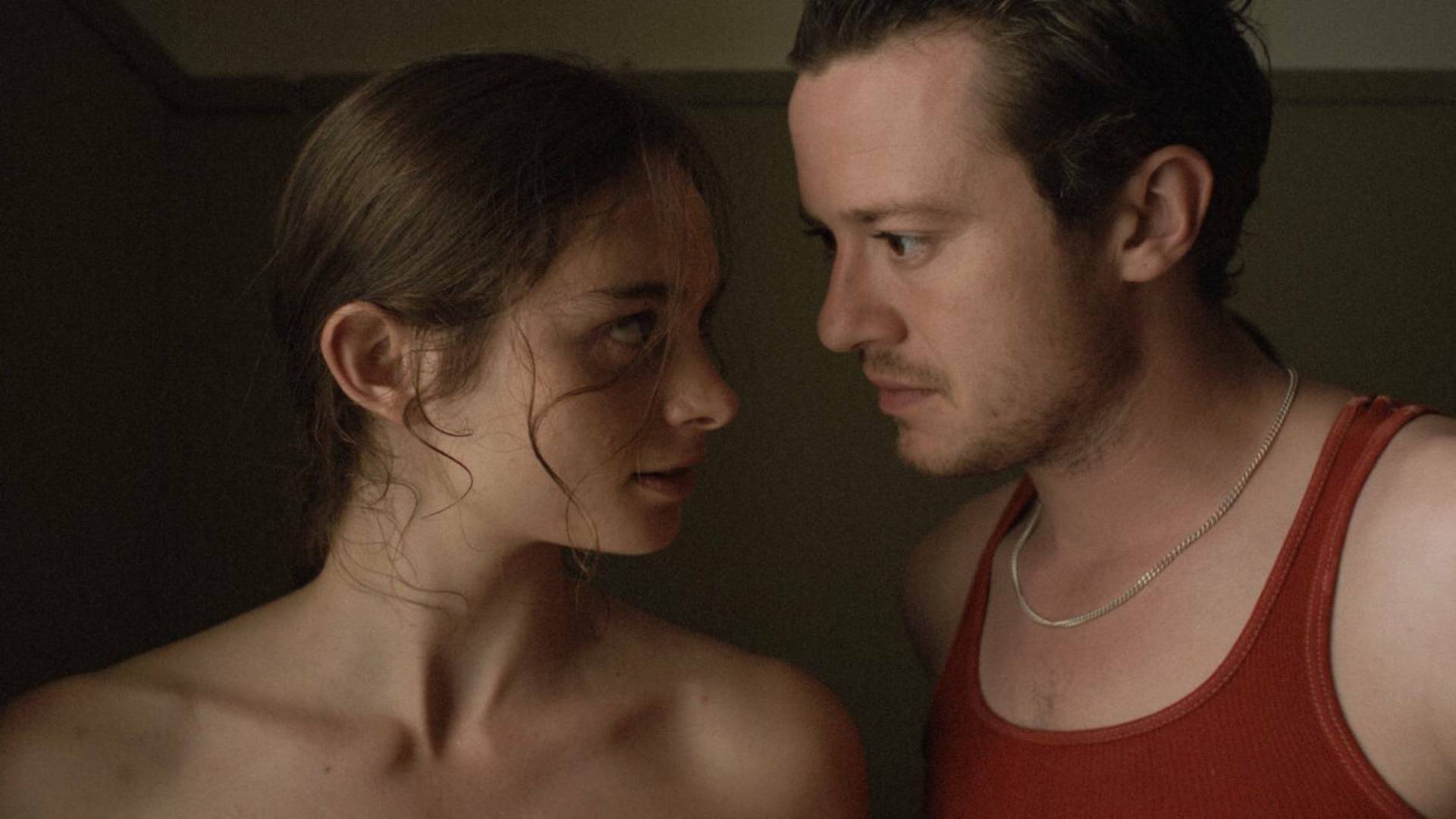
Grief stays with us, and trauma transforms us. Older Maria, quite frankly, stinks – and the people around her have no problem constantly saying so. Beyond her greasy face and dirty clothes, her energy is almost rat-like, feral, and there's a hint of anger and bitterness which most likely stems from her separation from her mother all those years ago.
The only person who doesn't really seem to mind, however, is Michael – who's pretty gross himself. It's Michael who makes Maria return to her old childhood ways, reigniting that sense of magic and wonder she associates with filth and grime. And, in turn, it's Maria who reignites something childlike within him – so much so that he becomes addicted to the feeling.
He and Maria turn into children around each other, giggling and play-fighting, eating rocks and dirt, pretending to be matadors. Michael knows there's something 'wrong' with Maria, knows her strange antics stem from a darker place – and he likes this, so much that he begins to forget about his pregnant girlfriend, Lea (Ceara Coveney). He likes that Maria is the antithesis of Lea, an older girl who is clean, well-groomed, polite, and "lovely." The result is a toxic, sweaty, strangely sexual relationship that culminates in a body horror scene that would make David Cronenberg proud.
"It's beautiful and ugly, but we all exist like that," Carmoon told GamesRadar+ during last year's Venice Film Festival, where Hoard took home three prestigious awards. "Some of us show it to certain people and some of us go our whole lives without showing that sort of ugly to one another."
I love you, Custard
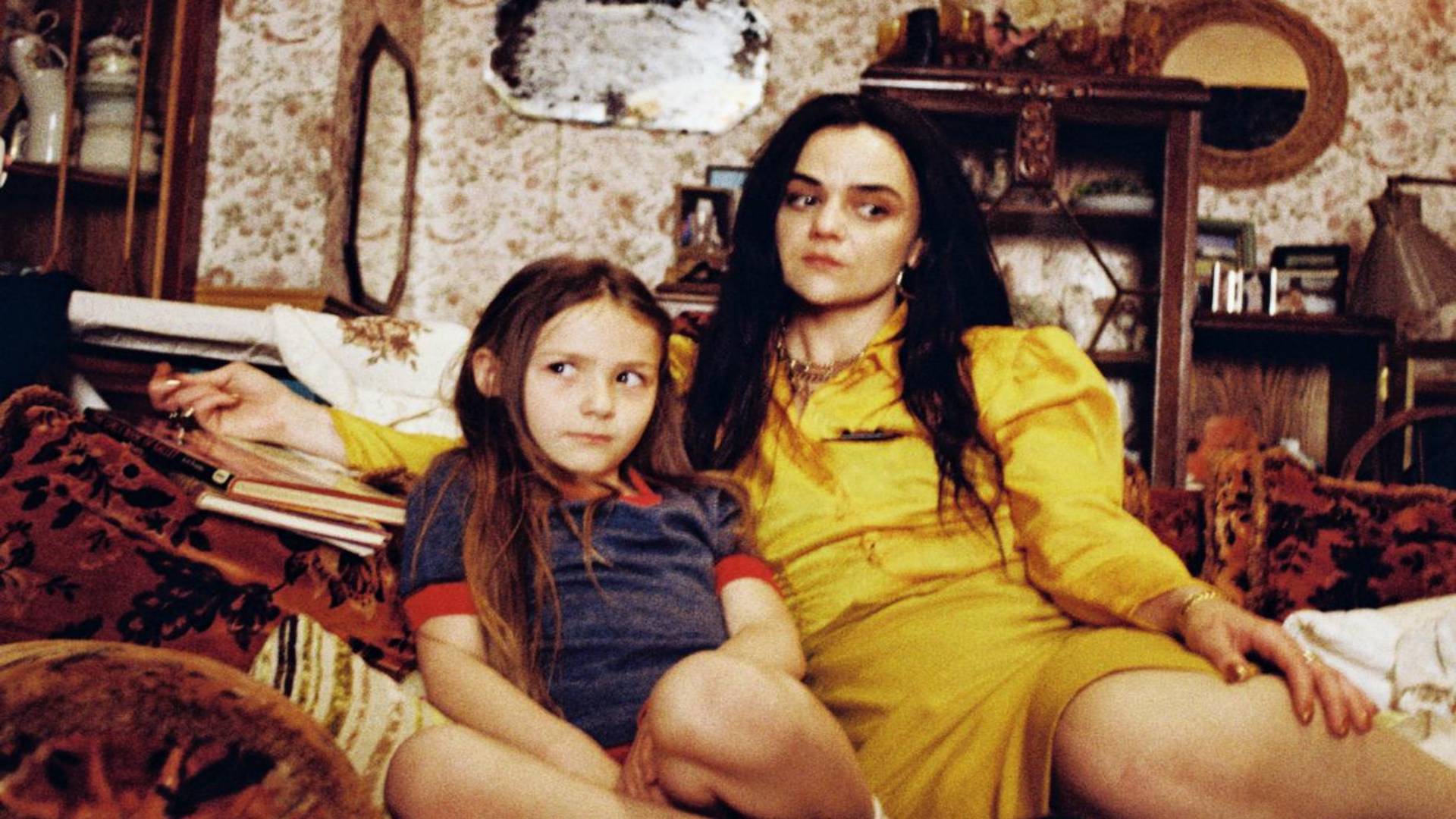
Without giving too much away, the ending of Hoard is something to be left up for interpretation. I've seen some reviews call it a moment of healing, with others describing it as confusion. Not every film has a lesson or a takeaway, and Carmoon isn't trying to teach us anything. This isn't a fable or fairy tale. In Fleabag, Phoebe Waller-Bridge's character describes the loss of her best friend, saying, "I have all this love for her and I don't know where to put it now." At the core of this grotesque, surprising, and moving pic is love, pure love. The love that a mother and daughter share has no bounds, and it doesn't go away – no matter the circumstances, no matter how long a person has been gone.
The love Michael has for Maria isn't real: she's his 'manic pixie dream girl.' She represents the things he wishes he could still have, the things he was before he became an adult with responsibilities. But the love Maria has for her mother, in spite of the way she raised her and in spite of the way she left her, burns brightly. Sometimes climbing to the top of a trash heap is the best way to watch the fireworks.
Hoard is out now in Ireland and the UK. For more on what else you should be watching at the cinema, be sure to check out the rest of our Big Screen Spotlight series.
